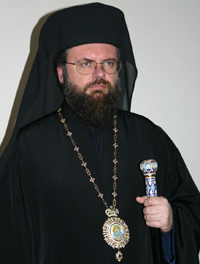Along with the candidates on the ballot here in Massachusetts there will appear three questions. The Secretary of the Commonwealth has the actual ballot questions on the website, I would suggest reading them before you enter the voting booth. I would suggest a no vote on all three questions as I believe they will unfairly target the most vulnerable of our citizens the working poor and the elderly. But my focus is question 3
Question 3 seeks to repeal the states 40B affordable housing law. This is not the affordable housing we think of as crime-ridden down trodden developments but housing that is aimed mixed income communities. To be eligible one needs to meet the state’s income guidelines. These adjusted prices, sales and rent, all modest earners a chance to buy a home or rent an apartment in attractive suburban communities.
If the question passes, 12,000 unites of proposed housing will be removed form the market! The problem is the law allows some thumbing of the nose to local by-laws and town zoning rules. To avoid urban sprawl many communities have set a 1 acre lot size minimum for a home. The land price would place this far out of reach for the modest wage earner. The 40B rule is one of the ways to get multi family units in communities in the first place. Again these are not tenements, these folks are modest wage earners for people earning less than 80% of the states median income of $50,502.00. This is not low income but moderate income housing.
Housing is a fundamental right, and affordable housing is very important. The 40B law in Massachusetts has provided 58,000 moderately priced homes and apartments over the years. As the cost of living rises in Massachusetts more and more of the young workforce is moving away to find an affordable place to live. If Question 2 passes that trend will continue or potentially get worse.



